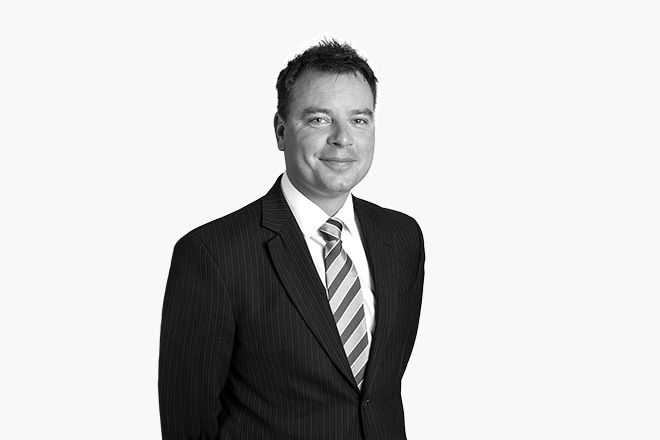MH Scotland welcomes ‘record results’

MARINE Harvest Scotland has thanked its staff for its ‘record results’ after a challenging year for fish health.
Ben Hadfield, managing director of Marine Harvest Scotland, said: ‘Despite a challenging year for fish health, we produced record results in Scotland. My thanks go to our hard working employees across the west coast and Highlands and islands.’
Scotland’s workforce benefited from staff bonuses paid relative to the company’s performance and targets, and the firm’s salary bill for 2017 reached £47 million.
Marine Harvest Group posted record profits in its Q4 financial results, announced this morning, achieving an operational EBIT (earnings before interest and tax) of €181 million in the fourth quarter of 2017.
Overall, the EBIT for the whole of 2017 was €792 million, which is the highest ever year results performance in the history of the group.
However, CEO Alf-Helge Aarskog revealed the company would introduce a global cost cutting programme totalling €50 million (£44.5 million) because it was concerned about the rising costs and the challenging biology.
In Scotland, the Q4 operating profit dropped 29 per cent, to €15.4 million (€21.7 million in Q4 2016), as the cost level per kilogram harvested increased, amounting to €1.19 per kg (€1.83 in Q4 2016).
‘While the general fish health situation improved for our Scottish operations during the three first quarters of 2017, the biological performance has been more challenging in the fourth quarter,’ the company report said.
‘This situation is not expected to improve significantly in the next quarter. Combined with low volumes, costs are expected to remain at the current high level also in the first quarter of 2018.’
Incident based mortality was €5.4 million, compared to €900,000 in Q4 of 2016, due to increased anemia, bacterial infection and cardiomyopathy syndrome, the company said.
But sea lice levels at the end of the quarter were lower than at the end of the comparable quarter of 2016.
The introduction of wrasse and lumpsuckers has helped reduce sea lice levels. Other measures include the use of a thermolicer, skirts around the salmon farm nets and hydrolicers.
A key factor in Scotland has been the quality and size of the salmon grown by the company. More than 96 per cent of the salmon produced has been rated as superior quality, which attracts higher prices.
Picture: Marine Harvest Scotland managing director Ben Hadfield

